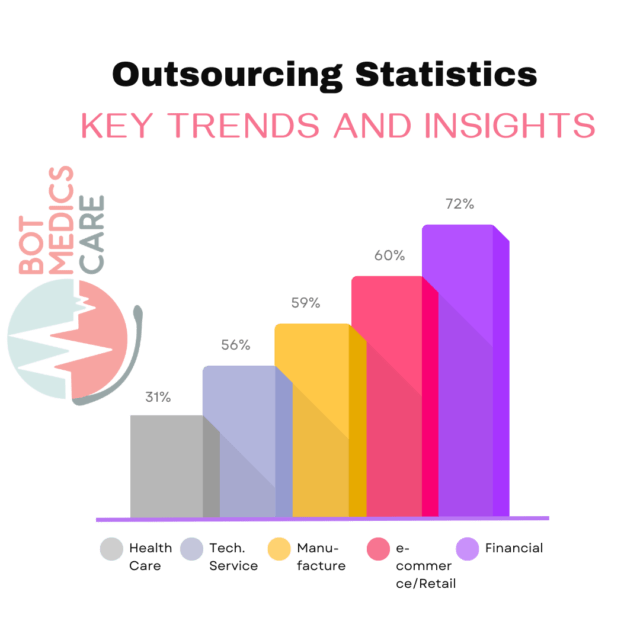BPO Industry:In today’s fast-paced and highly competitive business landscape, organizations are constantly seeking ways to streamline operations, reduce costs, and enhance efficiency. Enter the world of business process outsourcing (BPO), a strategic approach that has revolutionized how companies operate. But what exactly is BPO, and how does it work? Let’s delve into the intricacies of this industry and uncover its inner workings.
What is Business Process Outsourcing (BPO)?
BPO is the practice of contracting out specific business processes and functions to a third-party service provider. These processes can range from back-office operations, such as accounting and human resources, to customer-facing services like call centers and technical support. By outsourcing these tasks, organizations can focus on their core competencies while leveraging the expertise and resources of specialized BPO providers.
How Does BPO Work?
The BPO process typically involves the following steps:
Identifying Processes for Outsourcing: Companies assess their operations and identify processes that can be outsourced more efficiently and cost-effectively.
Selecting a BPO Provider: Organizations evaluate and select a suitable BPO provider based on factors such as expertise, location, cost, and service quality.
Contract Negotiation: Both parties negotiate and agree upon the terms and conditions of the outsourcing agreement, including service level agreements (SLAs), pricing models, and performance metrics.
Transition and Implementation: The selected processes are transitioned to the BPO provider, often involving knowledge transfer, training, and process optimization.
Ongoing Management and Monitoring: The BPO engagement is continuously monitored and managed to ensure compliance with SLAs, identify areas for improvement, and address any challenges or issues that may arise.
Types of BPO Services
The BPO industry offers a wide range of services tailored to meet the diverse needs of businesses across various industries. Some common types of BPO services include:
Customer Service and Support: Inbound and outbound call center operations, email and chat support, and customer relationship management (CRM).
Finance and Accounting: Accounts payable/receivable, payroll processing, tax compliance, and financial analysis.
Human Resources: Recruitment, employee onboarding, benefits administration, and training and development.
Information Technology (IT): Application development, data center management, help desk support, and cybersecurity services.
Knowledge Process Outsourcing (KPO): High-end services such as research and analysis, legal and intellectual property services, and business consulting.

The Benefits of BPO Industry:
Businesses of all sizes and across various industries can reap numerous benefits by leveraging BPO services, including:
Cost Savings: By outsourcing non-core functions, organizations can reduce operational costs associated with labor, infrastructure, and overhead expenses.
Access to Expertise: BPO providers offer specialized knowledge and skills, enabling companies to tap into a pool of talented professionals without the need for extensive in-house training or hiring.
Scalability and Flexibility: BPO services can be easily scaled up or down based on business needs, providing organizations with the agility to respond to changing market conditions.
Improved Efficiency: BPO providers often utilize advanced technologies, streamlined processes, and best practices to optimize operations and enhance productivity.
Focus on Core Competencies: By outsourcing non-core functions, businesses can concentrate their resources and efforts on their primary revenue-generating activities and strategic initiatives.
As the demand for cost-effective and efficient operations continues to rise, the BPO industry is poised to play an increasingly pivotal role in shaping the future of business. By understanding the intricacies of BPO and leveraging its benefits, organizations can unlock new opportunities for growth, competitiveness, and long-term success.
